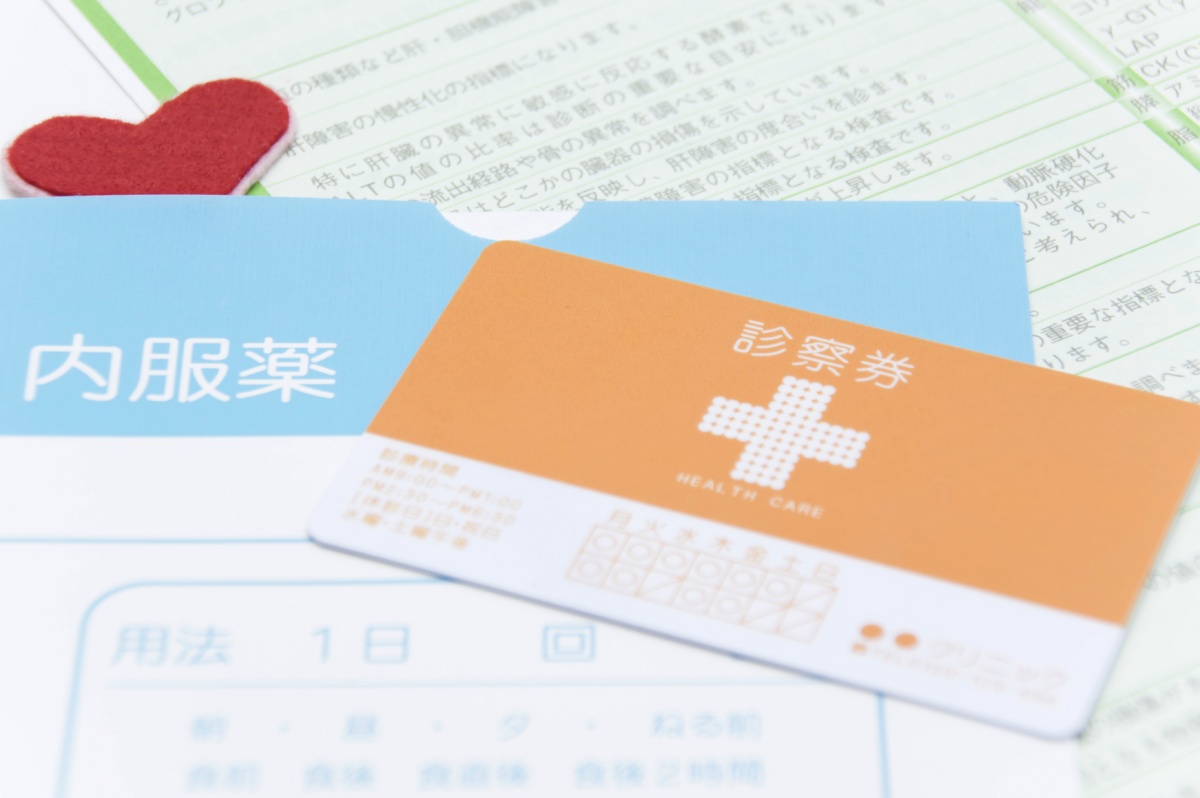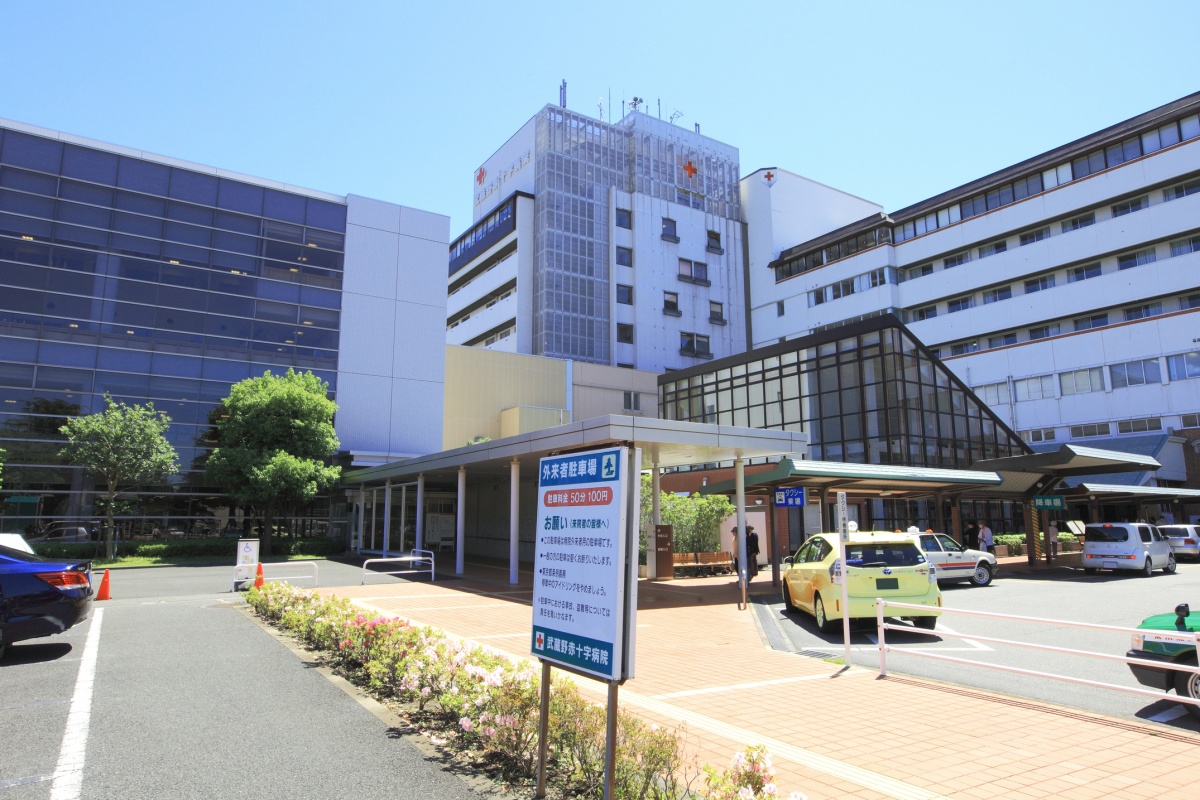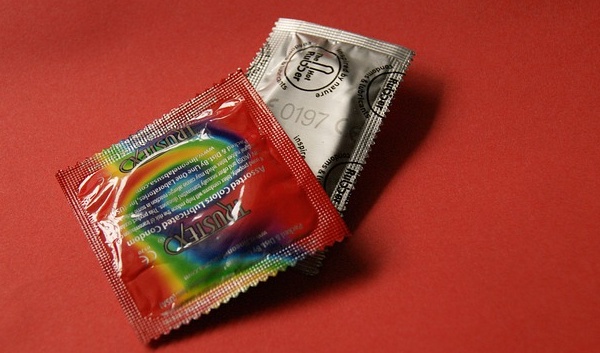Sexual Health in Japan

Visiting a foreign country, or living in one, is an exciting experience. But it's important to know what steps you can take in order to enjoy your experience to the fullest, and that includes a healthy and positive sex life. Here, we have gathered some useful tips and resources you might want to consider regarding sexual health in Japan.
By Marcello FrancioniWhat Is Sexual Health?

https://cdn.pixabay.com/photo/2016/10/12/10/14/couple-1733994_960_720.jpg
According to the World Health Organization (WHO), sexual health is “a state of physical, emotional, mental and social well-being in relation to sexuality; it is not merely the absence of disease, dysfunction or infirmity. Sexual health requires a positive and respectful approach to sexuality and sexual relationships, as well as the possibility of having pleasurable and safe sexual experiences, free of coercion, discrimination and violence.” Being able to keep track of one’s physical state and sexual well-being, and knowing what places are the most suitable for your needs and situation, then, is key for all people regardless of sexual orientation or proclivities.
How Does Sexual Health Work in Japan?

Japan employs a universal health care plan called national insurance (国民健康保険, kokumin kenko hoken, or simply kokuho). All registered permanent or temporary residents who don't receive insurance from their employer must be covered by national insurance. By paying a monthly fee, everyone can freely access healthcare institutions all over the country and only pay 30 percent of the expenses, while the remaining 70 percent will be covered by the state.
This usually works for matters that pertain to sexual health, although there is one very important point you need to be careful about. National insurance will cover their share only if the practitioner is presented with concrete symptoms that something is not okay (rashes, pain, bleeding, etc). This means that STI (sexually transmitted infections) screenings as part of one’s regular check-up routine, unfortunately, are not covered.
Nonetheless, Japan offers an array of options when it comes to choosing where and how to take care of one’s sexual health.
1. Clinics

General private practitioners (internal medicine) may offer full STI checkups to patients that do not show symptoms, at a cost that ranges from ¥10,000 to ¥15,000 (US$88-$132). They generally include tests for HIV, gonorrhea, chlamydia and syphilis, but also might also include testing for hepatitis B and C as well as herpes simplex. In case you are showing symptoms, the suggested control test and the cost of the treatment will be partly covered by the national insurance. Dermatologists, venereologists and proctologists may also offer more specific testing and treatment.
Please note that staff at these practices might not be aware of sexual issues that relate to members of the LGBT+ community and therefore might not be able to discuss them in a way that's fruitful for the patient. Before visiting a clinic, you might want to check its website. If there's an explicit mention of STI checkups, there is a good chance the place is open to LGBT+ patients.
2. Community Centers & Hospitals
Several community centers and hospitals offer free STI testing on fixed dates, most commonly once a month. Although this is an amazing service, there are a few downsides. The STIs you can screen for are set (either HIV alone, or with one or two other infections), hardly all-together. Since anonymity is highly valued in Japan, the results are always delivered one week later only at the clinic, not by email or telephone as in the case of clinics. For further privacy, instead of your name, only an assigned number is used to identify you. Keep in mind that the HIV tests used here have a four-week window period for detection, while the ones at private practices generally have a two-week window. So if you are particularly concerned, it's better to consult your physician.
HIV Map hosts a list of services that offer STI testing and counseling to non-Japanese residents in English, Portuguese, Spanish and Thai.
3. HIV Prevention
Japan is one of the few exceptions among industrialized nations where the HIV infection rate is still on the rise. Besides a general lack of effective sexual education, there are still a lot of misconceptions about the disease. While other countries have long dismissed HIV and AIDS as solely a "gay disease," many people in Japan still hold on to that idea. Until 2001, reported cases were steadily rising for Japanese females, finally leveling off at around 40 new cases a year. Japanese males both heterosexual and homosexual make up the majority of reported cases. Furthermore, the general thought that it's a "foreign disease" is also incorrect. In 2014, only 8.9 percent of residents who reported infection were non-Japanese and 78.9 percent were reportedly infected in Japan. Everyone from all walks of life should be vigilant in the prevention of HIV transmission.
HIV prevention remains one of the central parts of LGBT+ community centers’ efforts. Besides organizing free STI testing events, groups also take part in activities that encompass promoting safer sex practices. That effort includes the distribution of free condoms to gay bars, providing safe spaces for LGBT+ people to talk about their issues and experiences, and holding seminars on sexual health. Akta in Tokyo, Haco in Fukuoka, Dista in Osaka, Rise in Nagoya, Mabui in Okinawa and Zel in Ibaraki are among these centers.
4. PrEP in Japan
https://www.youtube.com/watch?v=TR8-3uAuZGo
Although the safest sex practice (not only for HIV, but also for most STIs) remains the use of condoms, in recent years PrEP, or Pre-Exposure Prophylaxis, has become widespread in the U.S., Canada and some parts of Europe as an alternative HIV prevention method. The idea behind it is that the regular administration of antiretroviral drugs—the same class of medication used to lower the viral load of HIV-positive people to an undetectable level—by a negative person almost completely reduces the risk of contracting HIV in the case of unprotected sex. Japan does not provide PrEP to residents through the national insurance system, nor it is possible to buy PrEP anywhere in the country. Whether the situation will change soon or not isn't clear. In the meantime, the generic drug for PrEP can be legally purchased online from overseas and imported into Japan, but the orders cannot exceed three months’ worth of treatment.





